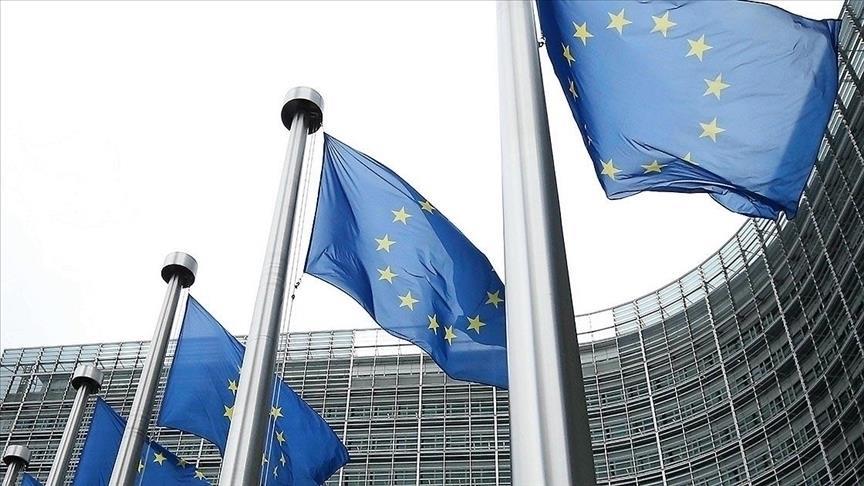Measures taken by governments to reduce gas and electricity consumption vary widely across Europe and seem insufficient to meet the EU’s energy savings targets, a new analysis by the European Environmental Bureau (EEB) reveals.
According to the EEB, measures adopted by European leaders four months ago to reduce their countries' demand for gas by 15% and electricity by 10% are too limited and patchy.
"Eight out of 27 EU states have not yet introduced any measures to reduce gas and electricity consumption. Neither in households nor in businesses or public bodies," the study shows.
The study found that only 12 EU states have adopted some mandatory energy reduction measures. Countries importing large quantities of Russian gas, such as Italy and Germany, have introduced the most robust measures on gas savings.
Less gas-dependent countries, like France and Spain, are also at the forefront of EU energy reduction measures, targeting both public entities and the private sector, including households as well as industry and small businesses.
Sweden, Finland, Luxembourg, the Netherlands, Austria and Eastern European states tend to have weaker energy reduction measures in place.
Despite being among the most gas-dependent countries, accounting for 30% to 40% of total energy consumption, the Netherlands and Croatia have only implemented voluntary gas-saving measures.
Romania and Lithuania, despite their heavy reliance on fossil fuels, have not implemented any measures at all to reduce energy consumption.
Commenting on the study, Davide Sabbadin, the deputy policy manager for climate at EBB, stated that "the sooner we reduce our energy usage, the quicker we reduce pressure on high energy prices, providing effective relief for households and industry."
Sabbadin urged that policymakers prioritize the reduction in energy demand in the face of the many challenges the EU will face in filling gas storage before next year's winter.
"Reducing the energy demand must be the top priority for policymakers, rather than short-term measures to keep us locked into an inefficient, fossil-fuel-hungry model. The EU can definitively do more to coordinate energy-saving action among its member states," he said.
By Gulsen Cagatay
Anadolu Agency
energy@aa.com.tr


